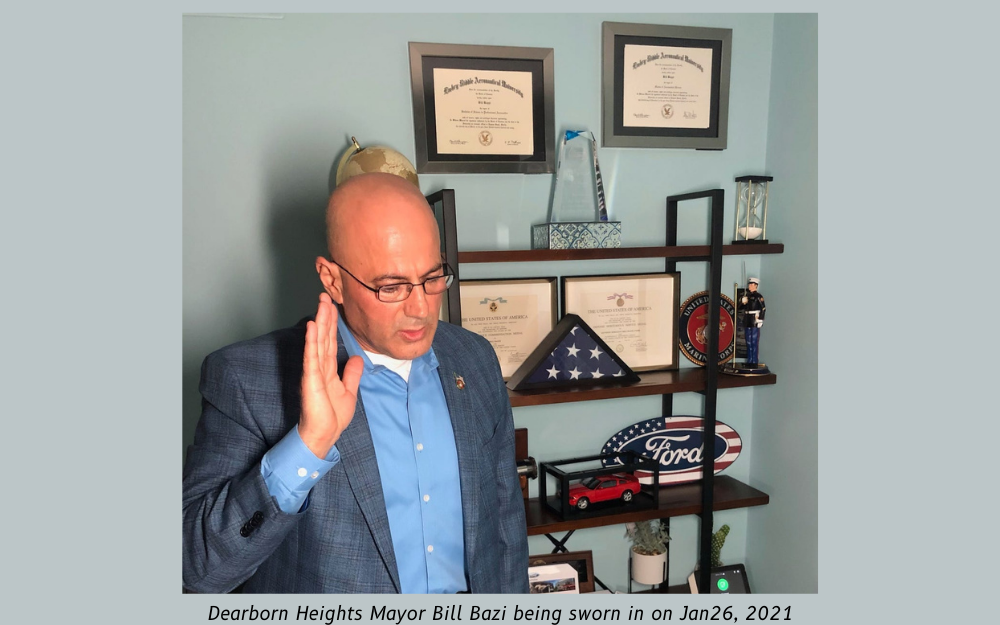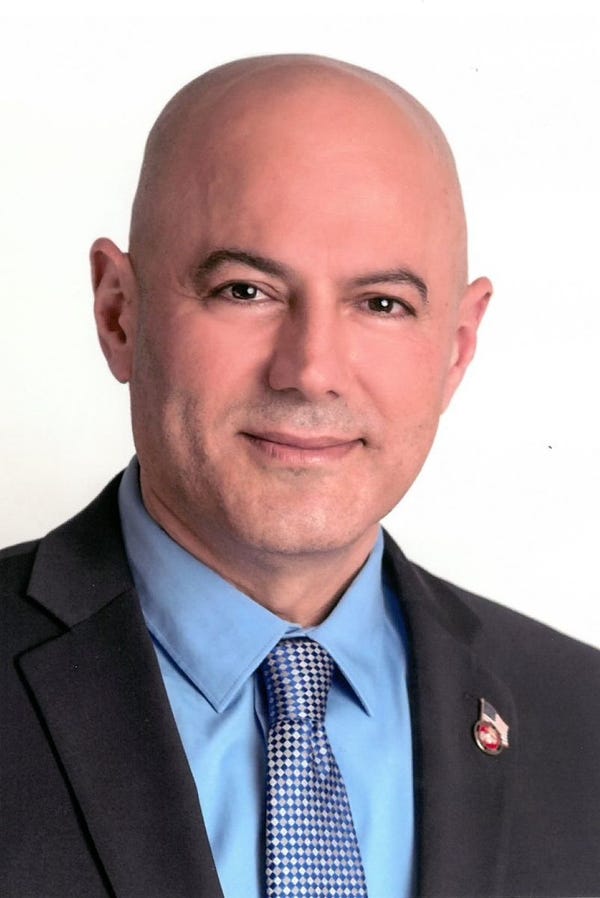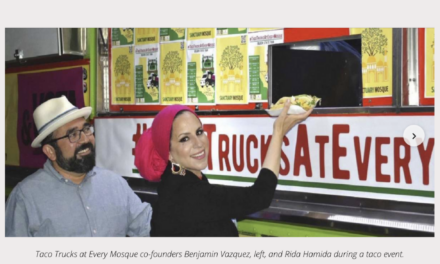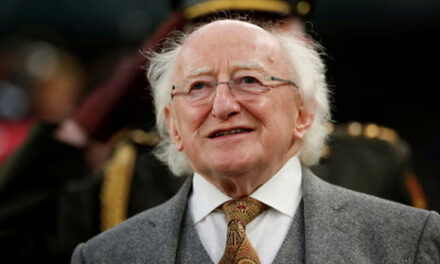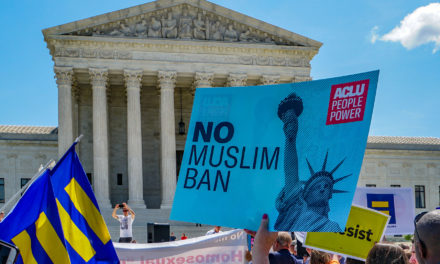An immigrant from Lebanon who served in the U.S. Marines has become the new mayor of Dearborn Heights, the first Arab-American, and first Muslim to lead the city that has become increasingly diverse and politically divided.
During its Tuesday night meeting, the Dearborn Heights City Council voted 4-to-3 to select Bill Bazzi, 57, a city councilman since 2018, to be mayor.
The city’s former mayor, Dan Paletko, died last month at 70 after testing positive for the coronavirus. Bazzi, an engineer at Ford Motor Co. for more than 20 years, will serve the remainder of Paletko’s four-year term, which ends in January; there will be a November election for mayor and City Council seats.
“The residents will always come first,” Bazzi told the Free Press on Thursday. “I want to make sure that the residents are my top priority and improve employee morale at City Hall.”
The position of mayor in Dearborn Heights has an annual salary of $89,879, said Dearborn Heights City Clerk Lynne Senia. The council also chose two businessmen to fill vacancies on the seven-member council, Mo Baydoun and Zouher Abdel-Hak, a former city treasurer.
In addition to Bazzi, three of the seven council members are Lebanese-American and Muslim in a city that is now 32% Arab American, according to 2019 census data. Lebanese are the largest ethnic group in the city of roughly 56,000 residents that borders Dearborn.
Born in Lebanon, Bazzi immigrated to the U.S. when he was 10 years old and graduated from Fordson High School in Dearborn, according to a biography with the Association of Patriotic Arab Americans in Military. He joined the U.S. Marine Corps after high school, serving in active duty from 1984 to 1988.
After four years of active duty, Bazzi earned bachelor’s and master’s degrees in aeronautical engineering from Embry Riddle Aeronautical University in Florida. He worked at Boeing and then at Ford starting in 1999.
He served in the Marine Corps Reserve from 1999 to 2016, rising in rank to gunnery sergeant serving with military police and intelligence, according to his biography posted on the city’s website. He said he was stationed around the Horn of Africa, the Middle East, and other areas.
Bazzi said he was also part of a group supported by the State Department and Arab American Institute that helped improve democracy and development in Tunisia and Morocco.
Retiring in 2016 from the Marines Reserve, Bazzi ran for Dearborn Heights City Council the following year, winning a seat. Active in veterans issues, Bazzi is commander of the Dearborn Allied War Veterans Council and president of the Ford Veterans Network.
“I served my country honorably,” Bazzi said. “I want to serve our city honorably. … My objective is always: represent the people and the residents.”
At Ford, Bazzi has worked as a design and release engineer and a product development engineer, helping develop release mission components.
Tensions among city leaders
Bazzi becomes mayor after years of political tensions that have seen 11 lawsuits filed by City Council and other city leaders, accusing one another of financial improprieties.
It’s a “tumultuous time” for the city, said Dearborn Heights City Councilman Robert Constan. “People don’t want to see the council and mayor fighting. … I hope going forward, things run a lot smoother.”
The four City Council members who voted for Bazzi to be mayor are Bazzi himself, Dave Abdullah, Tom Wencel and Ray Muscat.
On Wednesday, his first full day as mayor, Bazzi fired the mayor’s chief of staff and assistant for 17 years, Krystina Laslo. Laslo told the Free Press Bazzi said she was removed because of employee complaints, which she denied.
Bazzi did not comment on the firing of Laslo.
After Paletko died in December, Council President Denise Malinowski-Maxwell became interim mayor, according to the rules of the city charter.
She and Bazzi both said they’re running for mayor this year.
Like other cities in metro Detroit, Dearborn Heights has been seen declining population and budget challenges. Without a large manufacturing and corporate base like Dearborn, where Ford Motor Co. is headquartered, it doesn’t have the stable revenue as other cities.
“We have a lot of houses and so we’re very vulnerable to a downturn in housing prices,” Constan said.
The city has seen a growing number of small businesses from the Arab-American community, especially among Lebanese Americans who have opened up restaurants and cafes along Ford Road.
Residents of Dearborn Heights with roots in Lebanon are the largest ethnic group followed by Polish. The previous mayor, Paletko, was of Polish descent and was Catholic.
In addition to being about one-third Arab American, the city is now 8% Black and 22% of its residents are immigrants.
Bazzi said that he doesn’t see himself as representing one particular group that’s different from others.
